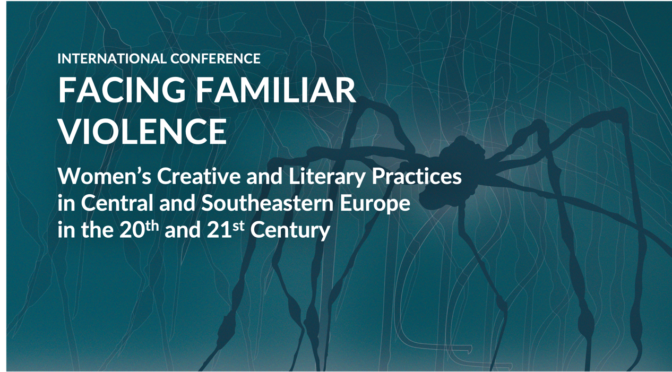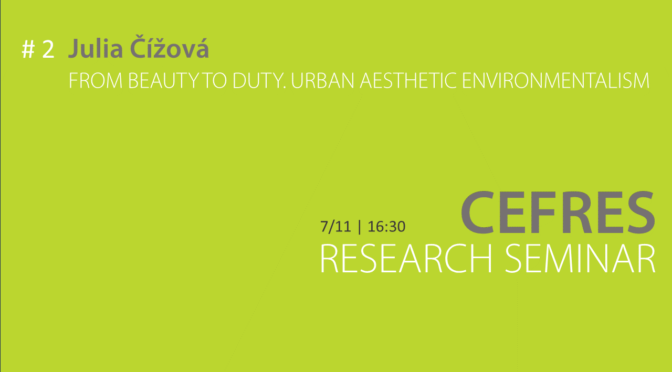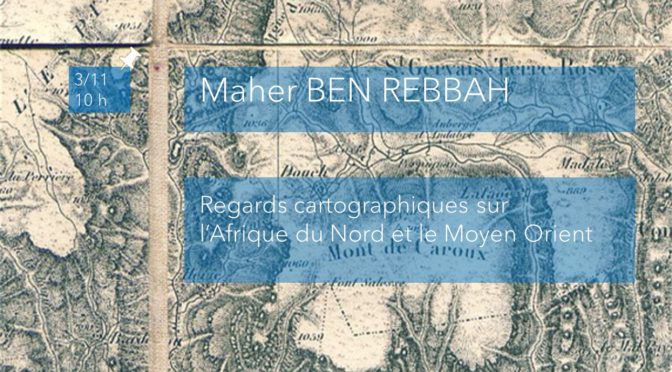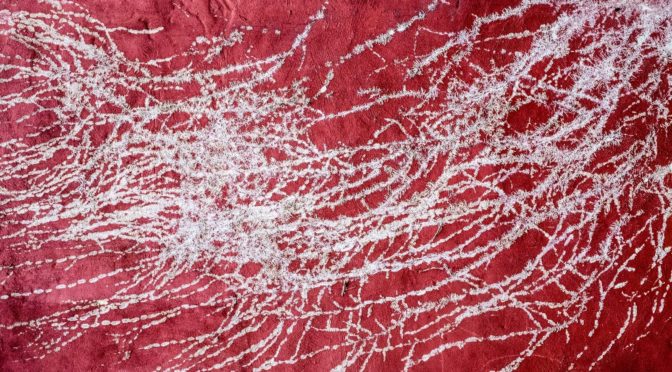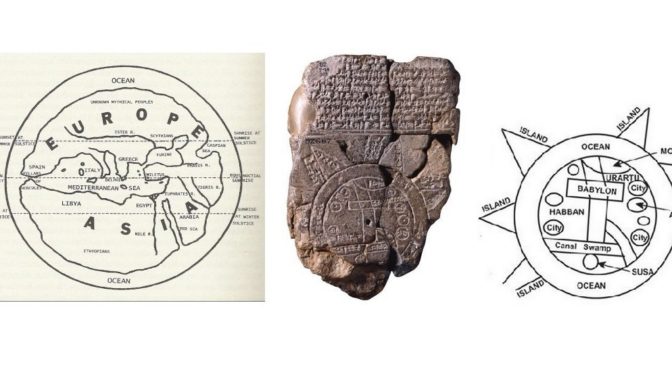International 4EU+ conference: “Facing familiar violence”, Women’s Creative and Literary Practices in Central and Southeastern Europe in the 20th and 21st Century
The conference is part of the project “Displacements: Gendered-based Violence, Women’s Writing and Creative Practices in Modern Central and Southeastern Europe” (4EU+ mini grant).
Date: 9-10 November, 2023
Location: CEFRES, Na Florenci 3, Prague
// https://us02web.zoom.us/j/83362748448?pwd=bnNvNFpjSFhKZ1lTYTR0RXoyTEU1Zz09 Meeting ID: 833 6274 8448 / Passcode: 115655
Languages: French and English
Organizers: Mateusz Chmurski (CEFRES/Sorbonne), Eva Krásová (FF UK), Iwona Kurz (IKP WP UW) and Clara Royer (Sorbonne).
Partners: CEFRES (CNRS-MEAE), Eur’ORBEM (CNRS, Sorbonne University), Centrum genderových studíi a Ústav české literatury a komparatistiky (FF UK), Instytut Kultury Polskiej (WP UW).
See scientific arguments here.
See the content of the interventions here.
Program:
Continue reading International 4EU+ conference: “Facing familiar violence”

